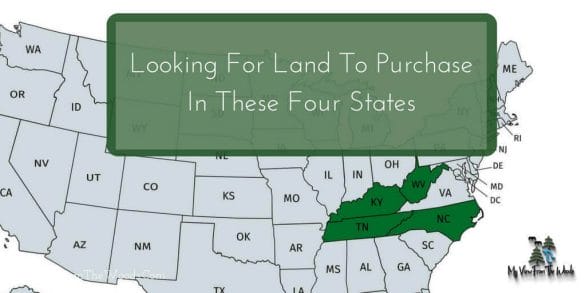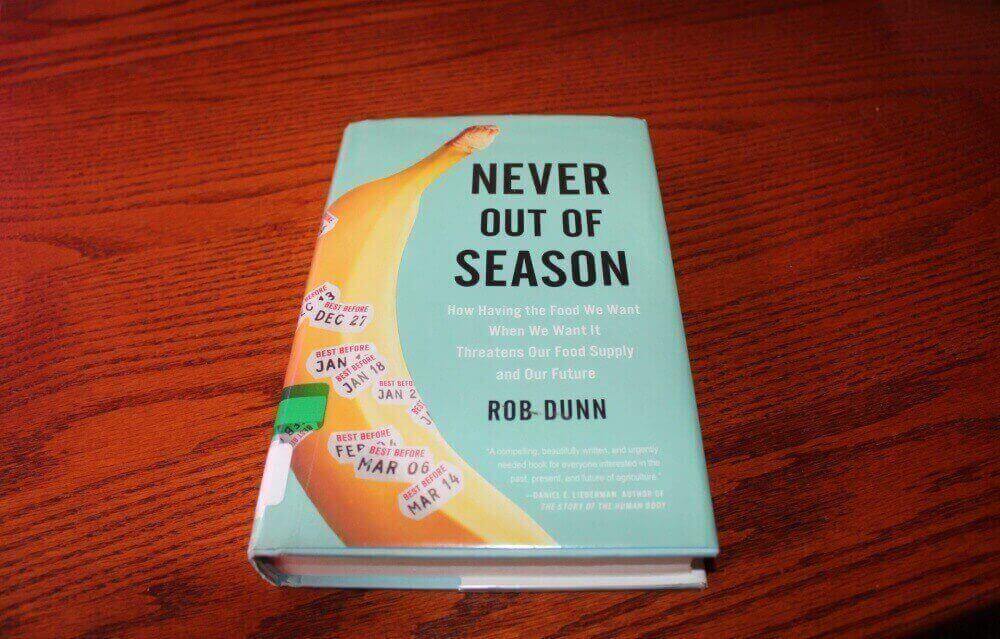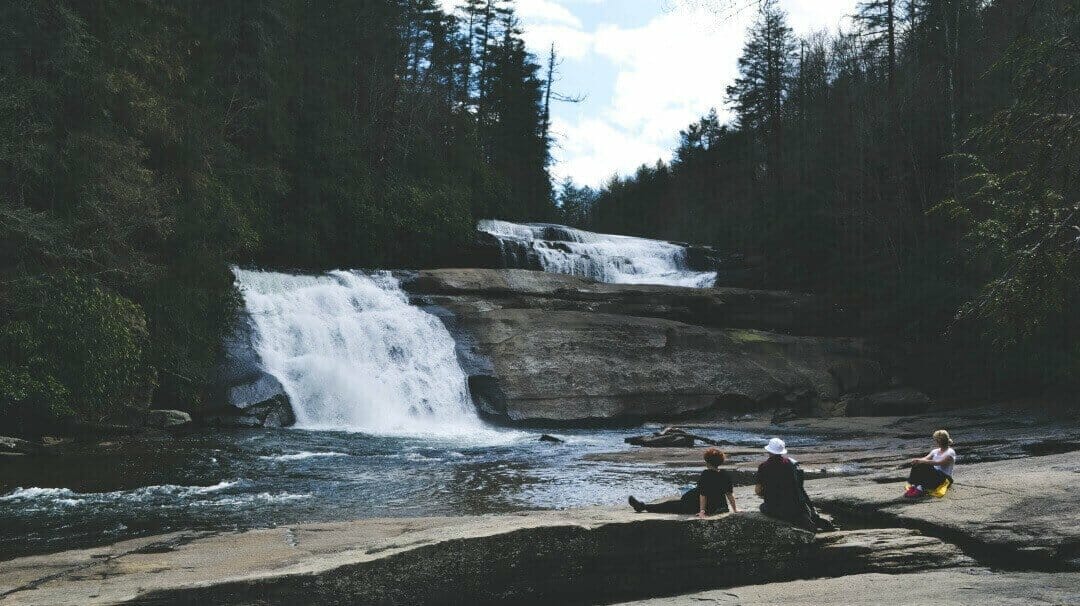If you haven’t followed my journey, you might not know that I’m looking for land to purchase to start a homestead that will eventually be off the grid as much as possible.
How I’m Looking For Land
The state where I will eventually buy land has to meet several main criteria, such as, within the plant hardiness zones 6 & 7, have between 40 and 50 inches of precipitation per year, the topography needs to have some elevation, have fairly low tax rates, and as regulation-free as possible.
Right now, I’d prefer the east coast, but the lower mid-west or pacific northwest isn’t completely out of the question either.
My primary research has led me to nine states with regions meeting the climate criteria.
In the last article, I wrote where I’m looking for land, the post covered taxes, and below the list of nine primary states are ordered lowest taxes first.
Tax Ranking of the 9 States
The list below orders the nine states by when the average taxpayer pays off their annual tax debt.
This is called Tax Freedom day. Based on this Tax Freedom Day, the number after the state is their national overall tax ranking. Click the link for more information on tax freedom day.
- Tennessee – 2nd
- West Virginia – 8th
- Kentucky – 8th
- Arkansas – 12th
- Missouri – 12th
- Idaho – 16th
- North Carolina 19th
- Oregon 37th
- Washington 40th
This list represents a ranking of states where I want to look for a property by the lowest overall average tax burden.
After Some Thought
Letting the information sink into my head and thinking about my preference to stay closer to my family on the east coast, I decided to concentrate on these four states.
- Tennessee
- North Carolina
- Kentucky
- West Virginia
These states have land with topography and climate that meet my criteria, are closer to my family, and have some of the lowest tax burdens in the country.
Even though tax freedom day has North Carolina in the middle of the pack, preliminary research shows that some counties have reasonable tax rates.
I’ll review each state and discuss why I chose it in their post, but here’s a preview of the research.
Overlaying plant hardiness zones, topography, and precipitation data over state maps showed me which counties in each of the four states meet my criteria. Those counties were added to a spreadsheet.
I found a website that calculates the average property tax for each county (I know it can vary by township). These data were also added to the spreadsheet. I then choose all counties with a property tax rate of less than 0.6%.
Now I have a list of counties for each of the four states that are warmer than plant hardiness zone 5, receive between 38 and 52 inches of precipitation, are at least hilly (preferably big hills), and have a property tax of less than 0.6%.
Putting My Numbers to the Research
Since the state income tax, property tax, and sales tax varies between states, it’s important to figure out what that means for a person’s lifestyle.
Depending on income, spending habits, and possible property value, the total tax bill might differ from what tax freedom day suggests for each state.
So I put some arbitrary but reasonable (for me) estimated numbers into the spreadsheet to see what the tax cost might be. I gave myself an estimated income, how much money I might spend a year building a homestead, and a property value of $80,000 (it will be less to start since it won’t have a house on it).
To figure out property taxes for each state, I took the average of the counties I’ve chosen. Below is the data.
|
Tennessee |
North Carolina |
West Virginia |
Kentucky |
|
|---|---|---|---|---|
| Income
Tax Rate |
0 |
5.75% |
4.5% |
5.8% |
| Sales Tax |
9.46% |
6.9% |
6.2% |
6.0% |
| Property Tax |
0.522% |
0.491% |
0.504% |
0.550% |
| Income Tax on $30k |
$0 |
$1,725 |
$1,350 |
$1,740 |
| Sales Tax on $20k |
$1,892 |
$1,380 |
$1,240 |
$1,200 |
| Property Tax on $80k Assessment |
$417.60 |
$392.80 |
$403.20 |
$440.00 |
| Total Tax |
$2,309.60 |
$3,497.80 |
$2,993.20 |
$3,380.00 |
As you can see, Tennessee has the lowest total tax burden.
But, note that Tennessee doesn’t have state income tax on wages, but they do tax dividends and other types of money distributions. So care and more research needs to be done on what Tennessee taxes are.
Of course, the sales tax would be much lower if I weren’t building a homestead.
Looking for Land
I’ll be looking for land in Tennessee first and North Carolina, but only because I will be going to Asheville at the end of April, so I’ll take a day on the way back to look for land on my trip down back.
I want to see the land and get a “feel” of the towns and the people. Even though the climate, topography, and costs are important, if the social atmosphere doesn’t fit me, what’s the sense of moving there?
In the next few posts, I’ll show you the counties where I’ll be looking for land.
Maybe you can help me?
If you have experience looking for cheap land, not through Realtors, I’d be interested in talking with you.
Also, if your friends might know of someone or can help me look for some land, please share this post with them by using the social media buttons below.
You can pin the image below on your Pinterest Board!



